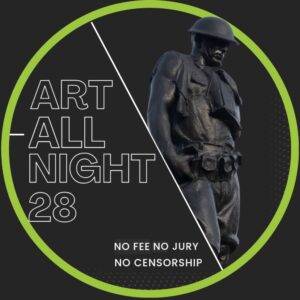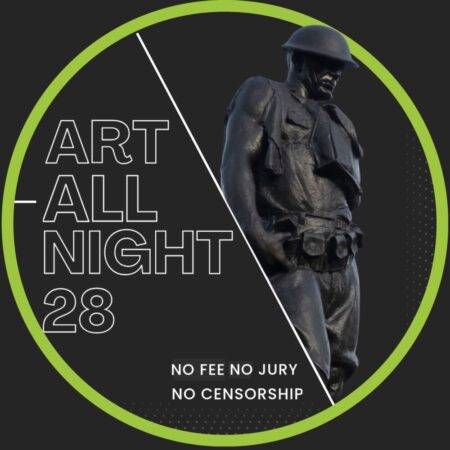Press Release: Duquesne University is proud to announce the appointment of noted writers Lee Gutkind and Jill Moyer Sunday as Distinguished Writers in Residence, with an emphasis on creative nonfiction writing, for the 2025-2026 academic year.
These exciting appointments underscore Duquesne’s commitment to providing students opportunities to combine interests in journalism and interviewing skills with cutting-edge creative writing skills that can be useful in a wide variety of careers, including documentary filmmaking, scriptwriting, media feature stories, corporate communications and others.
Gutkind’s and Sunday’s residencies are supported by the Eugene P. Beard Presidential Prizes for Innovation and Distinction. The annual Beard Presidential Prizes focus on advancing innovative and/or special initiatives proposed by the University president for rare yet extraordinary strategic opportunities.
Gutkind’s more than thirty books range in subject matter from travelling with umpires in major league baseball to covering healthcare issues including organ transplantation, palliative care and childhood mental illness. Sunday’s work as a journalist—and in developing academic writing programs—has prioritized deep research and reflection on an array of timely topics. With the support of the Beard Presidential Prize, the Distinguished Writers in Residence will engage students in activity spanning majors in English, creative writing, media, journalism, and communications/rhetoric, with a focus on nonfiction narrative.
“As different technologies are shaping what people read and enjoy and even the news and information they consume on a wide array of topics, understanding how to research, develop and tell meaningful stories is an increasingly important and valuable skill for any student,” says Duquesne University President Ken Gormley. “We encourage our students to expand their thinking and to consider the experiences of others, and creative nonfiction writing is increasingly valuable for a wide expanse of careers. I’m thrilled that we have such an excellent pair of writers to help us strengthen what we offer to our students.”
Gutkind and Sunday will teach classes and help build additional programs for students interested in writing that help build skills and competencies applicable to many different professional endeavors.
Often hailed as the “Godfather of Creative Nonfiction,” Lee Gutkind founded the literary journal Creative Nonfiction and was instrumental in establishing the first MFA program in creative nonfiction at the University of Pittsburgh. His latest book, The Fine Art of Literary Fist-Fighting, published by Yale University Press, documents the evolution of creative nonfiction and highlights the lives and works of notable practitioners such as Tom Wolfe, Joan Didion and James Baldwin.
Gutkind’s extensive experience and contributions to the literary world have earned him numerous awards and grants from prestigious organizations, including the National Endowment for the Arts and the National Science Foundation. He has appeared on national media platforms such as The Daily Show with Jon Stewart and Good Morning America, sharing his insights on the craft of writing.
Jill Moyer Sunday brings a wealth of experience as a journalist and educator. She previously taught writing and literature at Waynesburg University, where she was the founding director of the Writing Center. Sunday’s creative nonfiction has been featured in various publications, including the Anthology of Appalachian Writers and Connotation Press. She earned her master’s degree in English literature at Duquesne University and is known for her engaging and reflective writing style.
At Duquesne, Sunday will teach a new honors course this coming fall entitled “Writing to the World: Creative Nonfiction.” It is designed to introduce students to what she terms “public-facing creative nonfiction.” The course will explore voice, style, form, interviewing skills and the use of research to inform writing.
These distinguished writers will participate in the academic life of Duquesne’s Department of English as well as some of its centers and institutes where narrative and journalism are relevant, including the Institute for Ethics and Integrity in Journalism; the University Writing Center; and other Schools and departments. Their presence will strengthen the University’s existing literary offerings and provide students with opportunities to learn together with leaders in the field.
Duquesne University
Founded in 1878, Duquesne is consistently ranked among the nation’s top Catholic universities for its award-winning faculty and horizon-expanding education. A campus of nearly 8,200 graduate and undergraduate students, Duquesne prepares students by having them work alongside faculty to discover and reach their goals. The University’s academic programs, community service and commitment to equity and opportunity in the Pittsburgh region have earned national acclaim.

























